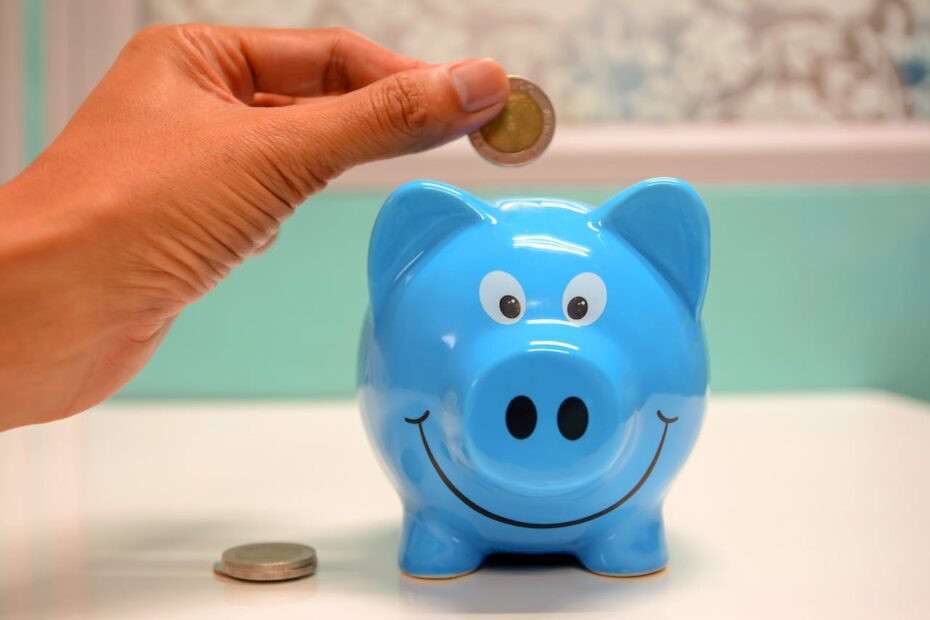Creating and maintaining an emergency fund is a critical component of financial planning, offering a buffer against unexpected expenses or financial downturns. Here are some of the top questions people often have regarding an emergency fund:
- What is an emergency fund? An emergency fund is a savings account set aside to cover unexpected expenses or financial emergencies, such as medical bills, car repairs, or job loss. It acts as a financial safety net to help you avoid debt.
- Why is an emergency fund important? It provides financial security by ensuring that you have funds available for unexpected situations, thus reducing the need to borrow money through credit cards or loans, which can lead to debt.
- How much should be in an emergency fund? The recommended amount varies, but a general rule of thumb is to have three to six months’ worth of living expenses. The exact amount can depend on your personal circumstances, such as job stability, health, and whether you have dependents.
- Where should I keep my emergency fund? Your emergency fund should be easily accessible but not so easily that you’re tempted to use it for non-emergencies. High-yield savings accounts, money market accounts, or short-term certificates of deposit (CDs) are popular choices due to their liquidity and interest-earning potential.
- How can I build an emergency fund? Start by setting a monthly savings goal and treat it like a recurring expense in your budget. You can also allocate unexpected windfalls, such as tax refunds or bonuses, to boost your emergency fund more quickly.
- What counts as a financial emergency? Financial emergencies are unforeseen expenses that impact your immediate ability to live and work. These can include significant home repairs not covered by insurance, medical emergencies, urgent car repairs, or living expenses during unemployment.
- Can I invest my emergency fund for higher returns? While it might be tempting to invest your emergency fund for higher returns, the primary goal is liquidity and capital preservation. Riskier investments can lead to losses, making your funds inaccessible when you need them most.
- What if I need to use my emergency fund? If you need to use your emergency fund, replenish it as soon as possible. Review your budget to find areas to cut back on temporarily until the fund is restored.
- Should I pay off debt or build an emergency fund first? It’s often recommended to balance both goals. Start with a smaller emergency fund, say $1,000, then focus on paying off high-interest debt. Once the high-interest debt is under control, work on expanding your emergency fund.
- How do I maintain my emergency fund? Regularly review your emergency fund in the context of your current financial situation. As your living expenses or family size changes, adjust the size of your emergency fund accordingly.
An emergency fund is a fundamental part of financial resilience. By understanding its importance and strategically building and maintaining one, you can protect yourself and your family from many of the financial uncertainties of life.
